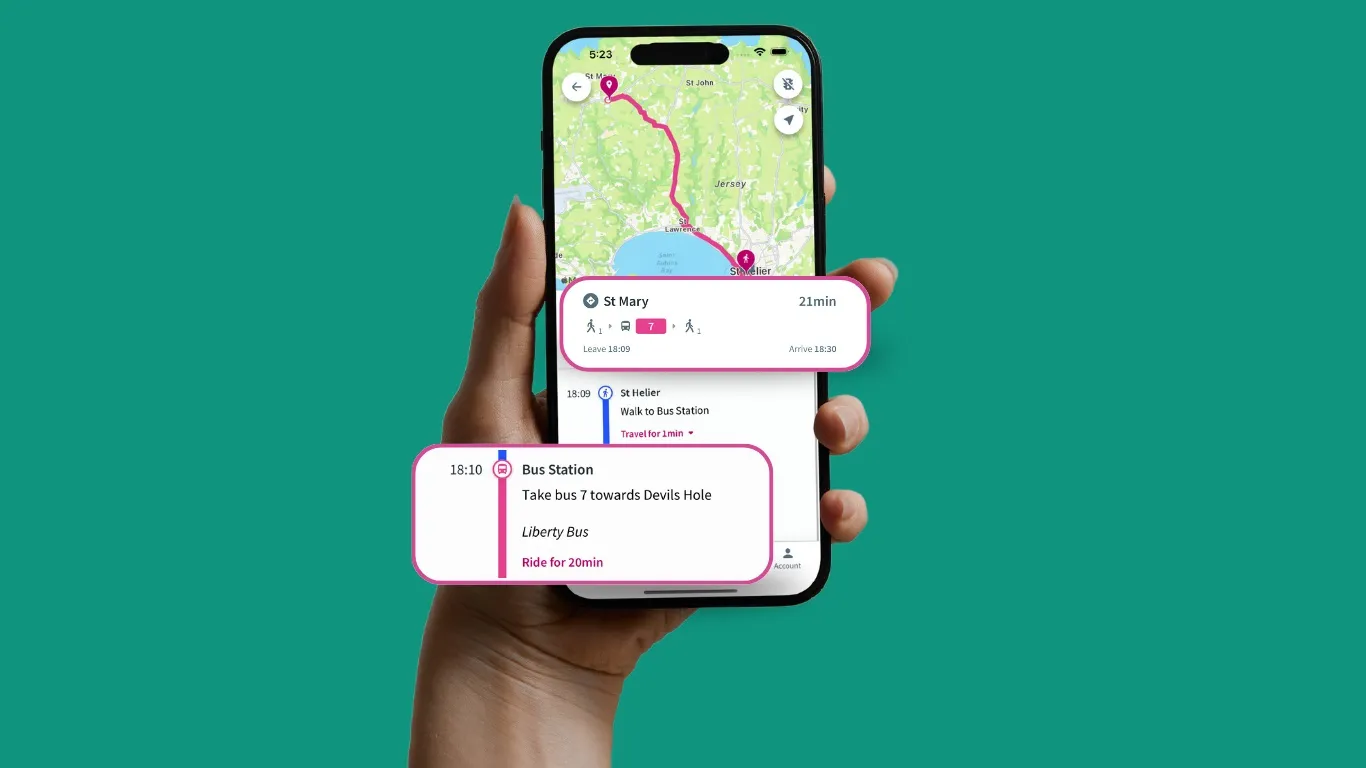New Zealand’s small size and Queenstown’s popularity over the snow season have been the drivers for the first
Transport Minister Simon Bridges says Mobility as a Service is a new approach to transport that combines journey options from all transport providers into a single mobile service. Bridges says the Queenstown pilot is a new approach to transport to improve the timeliness and accessibility of New Zealand’s transport information, with a focus on improving the experience of anyone who chooses to move around the region.
The pilot is a collaboration between the NZTA, Otago Regional Council, Queenstown Lakes District Council and Auckland Transport, supported by Destination Queenstown and Queenstown’s local transport providers. The next phase of the pilot will be bringing the marketplace concept to Auckland.
Lane departure warning, blind spot detection help drivers avoid trouble, say researchers
The New Zealand Transport Agency has launched a free and open Mobility as a Service (MaaS) Marketplace app, Choice, in Queenstown. The app aims to connect users with services through an online marketplace, so they can pick what they want to do, use the live transport information to get to their destination and easily book their journey, all from one application and in three languages.
New Zealand’s small size and Queenstown’s popularity over the snow season have been the drivers for the first MaaS Market
August 25, 2017
Read time: 2 mins
The 6296 New Zealand Transport Agency has launched a free and open Mobility as a Service (MaaS) Marketplace app, Choice, in Queenstown. The app aims to connect users with services through an online marketplace, so they can pick what they want to do, use the live transport information to get to their destination and easily book their journey, all from one application and in three languages.










